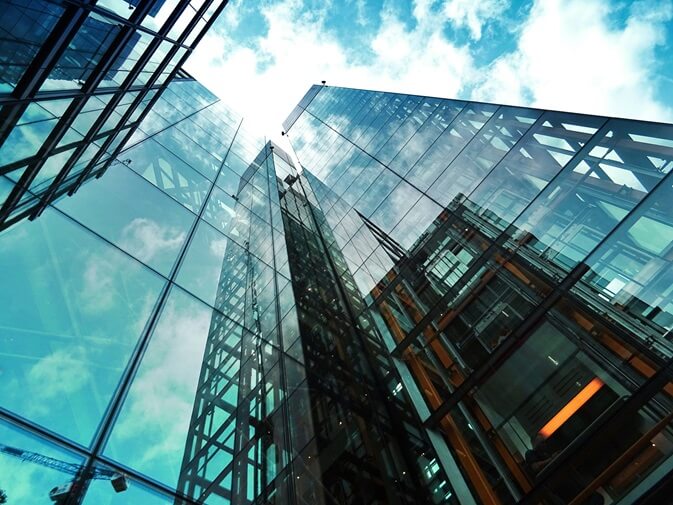Modernizing your building’s energy-use methods is now strategically necessary in the current global environment, not merely for efficiency’s sake. Adopting sophisticated energy management strategies becomes essential as companies and organizations navigate a world that is becoming more and more focused on sustainability. This article examines the importance of modernizing energy use, highlighting the advantages, methods of implementation, and compatibility.
1. Understanding Energy Consumption Modernization
It is essential in today’s environment, where sustainability and efficiency are of the utmost importance, to bring the energy consumption habits of your building up to date. Energy modernization comprises a far-reaching commitment to sustainability, in addition to the reduction of operational costs and the minimization of environmental impact. Utilizing cutting-edge technologies such as energy-efficient heating, ventilation, and air conditioning (HVAC) systems, smart meters, and renewable energy sources is a necessary step. Organizations not only earn financial savings but also make a positive contribution to the achievement of global climate goals when they maximize the efficiency with which they use energy and reduce waste.
2. Advantages of Energy Consumption Modernization
When you modernize the energy use of your building, you will reap a variety of benefits. To begin, the implementation of energy-efficient systems and intelligent technology results in a decrease in operational costs. By optimizing energy usage, which reduces waste and increases the efficiency with which resources are utilized, this financial advantage is achieved. Furthermore, by adhering to ESG consulting standards, you can align with global sustainability goals, which helps create a strong reputation and attract environmentally conscious stakeholders.
3. Implementing Sustainable Practices
The utilization of cutting-edge technology that is able to properly monitor and regulate energy consumption is required in order to implement sustainable practices through the modernization of energy consumption successfully. The deployment of Internet of Things (IoT) devices for real-time data analytics, which enables proactive energy management methods, is included in this. Not only do these kinds of activities reduce carbon footprints, but they also contribute to regulatory compliance and the observance of demanding environmental standards. The seamless integration of these techniques enables organizations to ensure their resilience and competitiveness in the face of a market landscape that is always shifting.
4. Strategic Decision-Making
A strategic decision that goes beyond the immediate benefits is to modernize the way energy is consumed. By providing enterprises with the ability to make informed decisions based on extensive data insights, it empowers organizations. With these insights, preventive maintenance and operational planning can be made easier, which ultimately leads to improved asset performance and a longer lifespan for the equipment. Businesses can develop a culture of sustainability that resonates with stakeholders by implementing modern and efficient concepts into their operational frameworks. This helps to reinforce corporate responsibility and ethical business practices. In addition, modernization strengthens resilience against fluctuations in energy prices and changes in regulatory policies, which guarantees long-term stability and a capacity to estimate costs.
5. Achieving Long-Term Sustainability Goals
It is necessary to take a comprehensive strategy for the modernization of energy use in order to accomplish long-term sustainability goals. In order to accomplish this trip, energy management methods will need to undergo constant development and innovation. Through the implementation of energy-efficient technologies and renewable energy sources, companies are able to reduce their negative influence on the environment while simultaneously increasing their operational efficiency. These kinds of initiatives not only make corporate operations more resilient to the future, but they also provide a good contribution to the welfare of communities and the conservation of the environment on a worldwide scale. Additionally, modernization lends support to scalability and adaptability to future energy trends and regulations, which positions firms as leaders in the field of sustainable development.
Conclusion
Modernizing your building’s energy-use procedures is essential for businesses looking to achieve operational excellence and sustainable growth in a cutthroat global market. Businesses can boost their market position, improve regulatory compliance, and realize significant cost savings by adopting consulting standards and utilizing cutting-edge technologies. This shift fosters an innovative and responsible culture in addition to encouraging environmental care. Prepare for the future of energy use by putting efficiency, sustainability, and long-term viability first.
Copyright-free image: Building





Be First to Comment